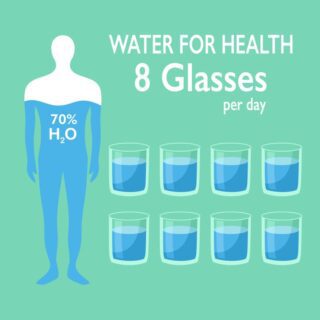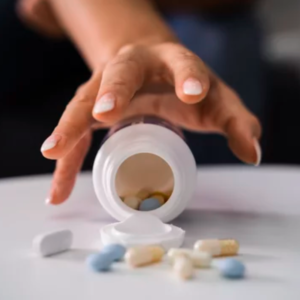How to lower blood pressure?

High blood pressure can have serious effects on your lifelong health. But thankfully there are several ways to decrease blood pressure, even without medication.
One of the best ways to decrease your blood pressure and keep it down is by losing weight and decreasing your waistline. Blood pressure will often increase as weight increases. Also, being overweight can cause difficulty breathing while sleeping, which will also increase blood pressure. It is estimated that for every kilogram lost (2.2lbs) you will decrease your blood pressure by 1 millimeter of mercury (mm Hg). Also, if you are able to decrease your waist size, your blood pressure may also decrease. Usually men are at risk if their waist measures greater than 40 inches, and women are at risk if their waist is greater than 35 inches.
The next step to lowering blood pressure is exercising regularly. Regular physical exercise can lower blood pressure by about five to eight mm Hg. A good goal is to exercise for about 30 minutes every day.
Eating a healthy diet may also contribute to lowering blood pressure. A good diet is one that consists of fruits, vegetables, low-fat dairy, and whole grains, while limiting the amount of saturated fats and cholesterol. Two types of beneficial diets include the DASH diet (dietary approach to stop hypertension) and the Mediterranean diet. Potassium may also be beneficial in a diet as it can help to lower the effect of salt on blood pressure. The best sources of potassium include fruits and vegetables or supplements. Reducing the amount of sodium or salt in your diet will help to decrease your blood pressures by five to six mm Hg. The daily limit for sodium is 2,300 mg, but 1,500 mg is recommended for most adults.
Decreasing the amount of alcohol and smoking will also be beneficial. Alcoholic drinks should be limited to one drink a day for women and two drinks a day for men. By stopping smoking blood pressure will be reduced and it can reduce the risk of heart disease and improve overall health, hopefully leading to a longer life.
Other ways to lower blood pressures include getting a healthy amount of sleep (more than 6 hours a night), reducing stress, monitoring blood pressures at home, getting regular check ups with your doctor, and finding emotional support from friends and family.
These are all great ways to help to lower your blood pressure. If these methods do not work initially, or if your blood pressures are too high, then prescriptions may be used in addition to lifestyle changes to help to reduce blood pressures.

This article reviewed by Dr. Jim Liu, MD and Ms. Deb Dooley, APRN.
There’s nothing more important than our good health – that’s our principal capital asset.
#medical #telehealth #umedoc










